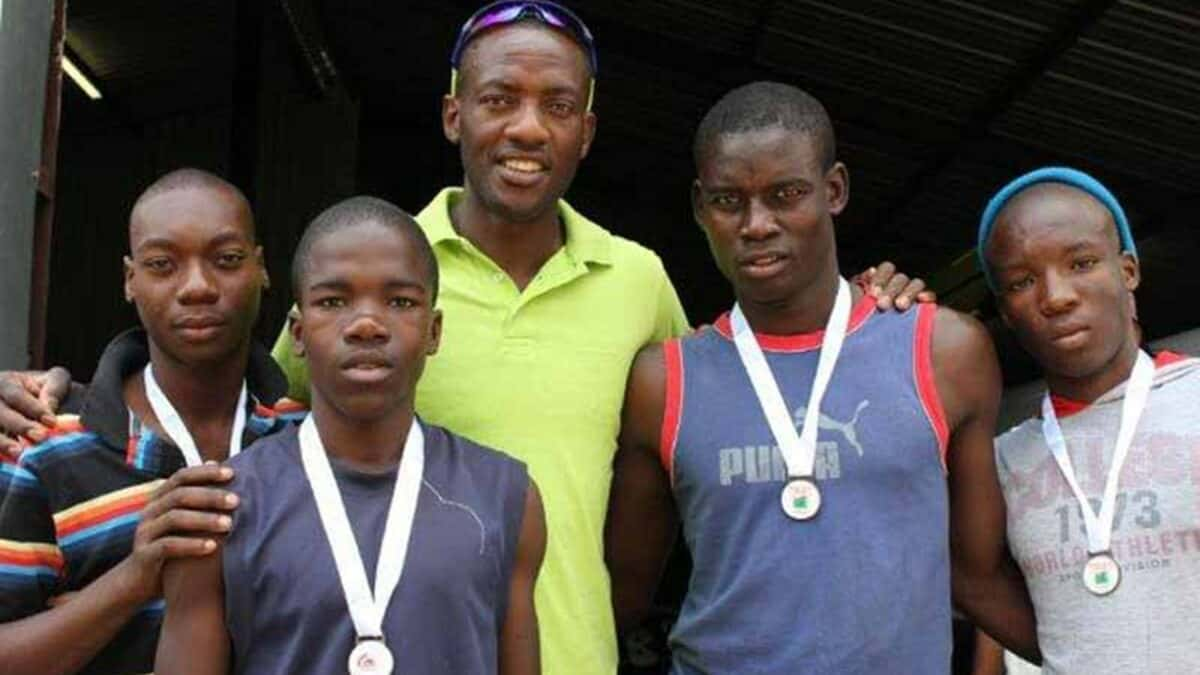
10 Sep 2013
Masters lend a helping hand to South African rowing development
The win was also poignant as it made Lawrence Ndlovu the first black rower to become an Olympic Champion. This win for South Africa propelled the already established movement working to develop masters and juniors rowing around the country into even greater action to promote the sport to more people than ever.
Masters and juniors are often considered to be opposite ends of the spectrum having limited interaction and little in common, but Rowing South Africa has linked the two and in doing so increased participation across the board. The effort began several years ago with an indoor rowing initiative that taught students to row on an ergometer and served as talent ID program for promising athletes. As this initiative gained momentum clubs began establishing junior programs to accommodate the increase in interest. Prior to the creation of this development programme the only way into rowing for juniors was through their school, limiting the reach of the sport to wealthy, private institutions that could afford the equipment. The development programme has changed this, opening the sport to all of South Africa’s youth.

“It (the development programme) would not have been possible without the masters rowers,” said Rowing South Africa’s president Wimpie de Plessis. “They have assumed the role of sponsors and mentors and they have grown the junior program tremendously.”
The National Federation has helped with funding, providing coaches and transport to and from the club for the juniors, but it is the masters who have organised, mentored and guaranteed the continuation of the program across this proud rowing nation. “They have been really innovative, creating Learn-To-Row programs and finding new ways to keep juniors engaged,” de Plessis explained.
Not only has work with the junior clubs helped to inspire young rowers, it has also grown the masters’ program itself. The largest ever masters contingent raced at the South African National Championships this year. Being involved in the development programmes while also getting to enjoy the sport themselves “gives them a bigger purpose and they have really taken ownership with development in the junior clubs,” de Plessis continued.

There are five masters rowers representing South Africa at the 2013 World Rowing Masters Regatta in Varese, Italy. Travel costs and time away from work makes it difficult for many South African masters to attend. The focus instead is on local regattas such as provincial championships and the South African Championships, which have categories for both senior and masters competitors.
The long term goal for South Africa is to begin at the bottom, teaching as many junior rowers as possible to row and more importantly, inspiring them to love the sport. They will compete first in small boats working their way up to the A-finals at the international level. This will become the new generation of elite and masters rowers who can continue to mentor and inspire young athletes.
“We need to incorporate all youth into the rowing program, it cannot just be the schools in affluent areas. The masters have taken the biggest role in this development and it makes such a difference,” says de Plessis.

